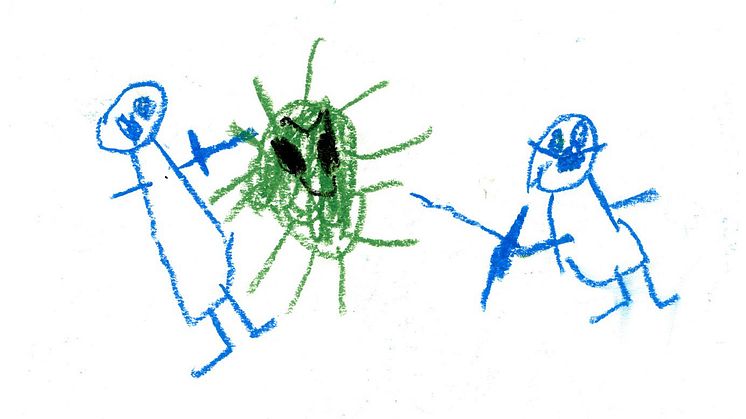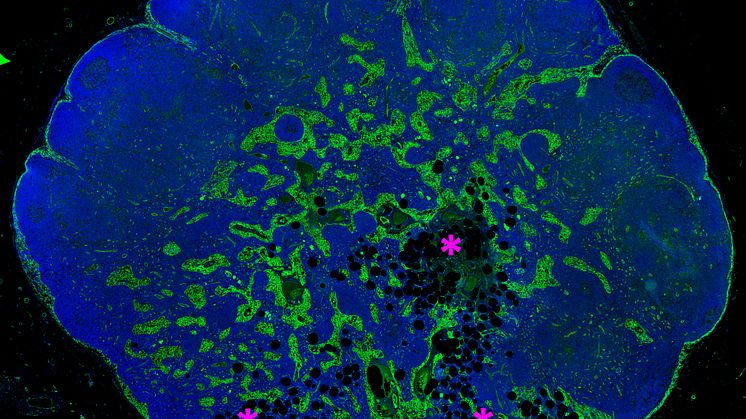Large donation for research into the human immune system
Thanks to a gift from an American donor to Uppsala University, Sweden, research into immune reactions in cases of transplantation, autoimmunity and cancer will receive a major boost. The donation, totalling USD 4.5 million, will increase opportunities to develop new treatment strategies in this vital area over the long term.


